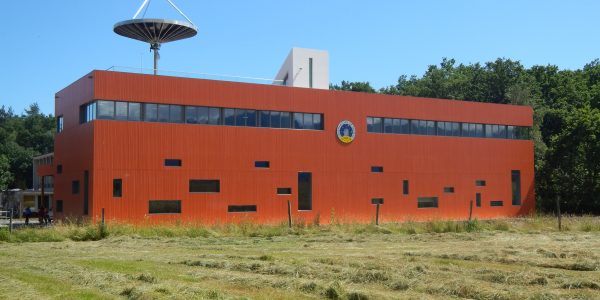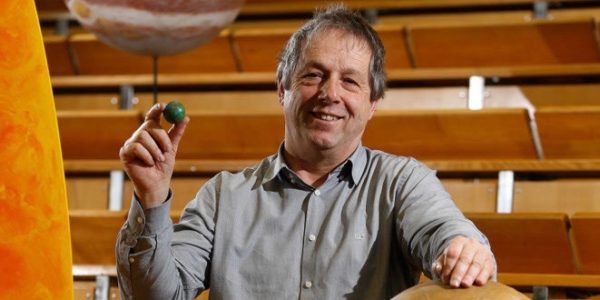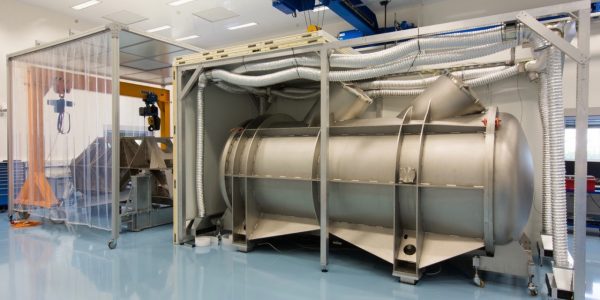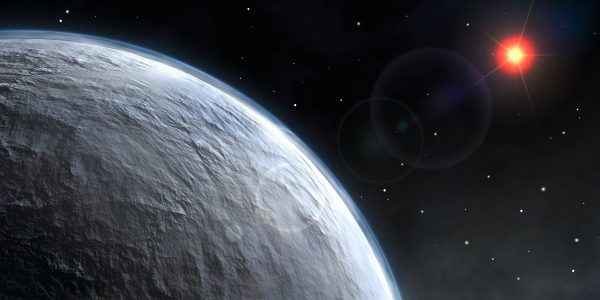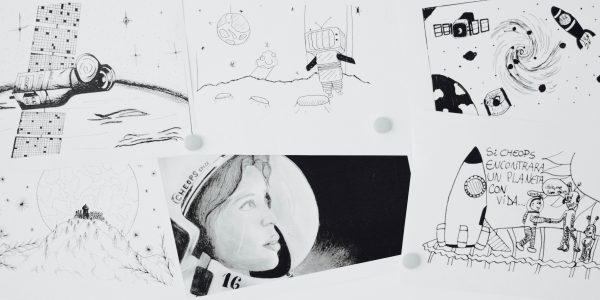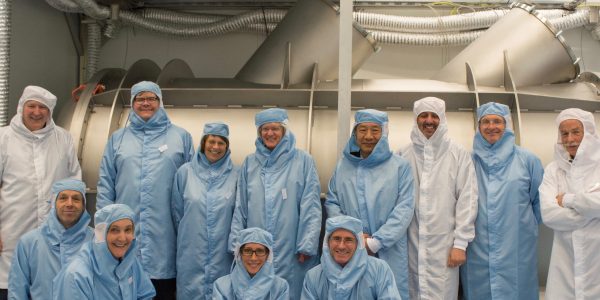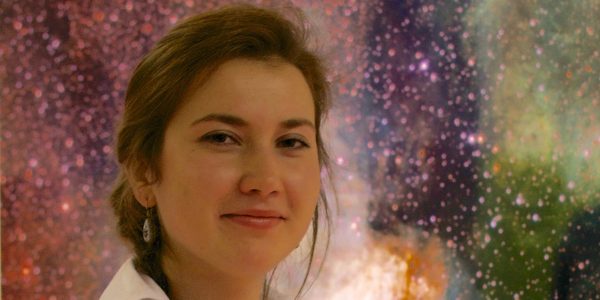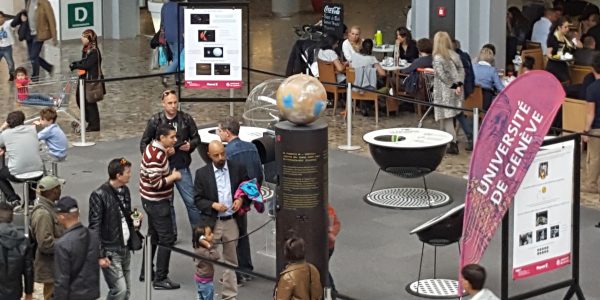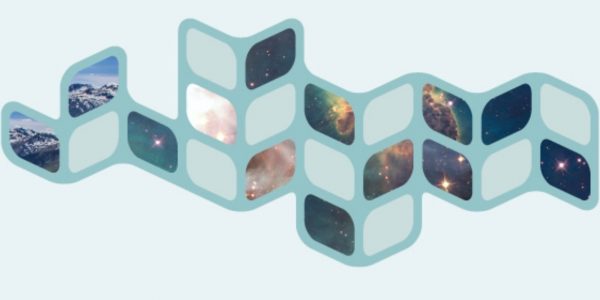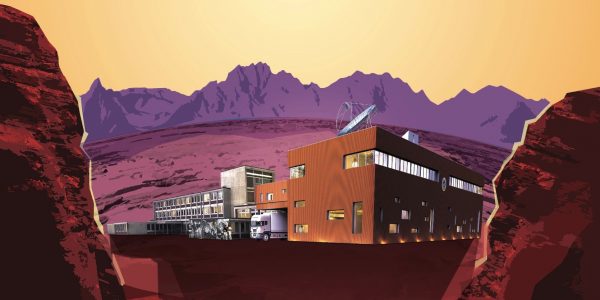News
A new building for planets hunters
Astrotech, the new building of the Astronomical Observatory of the University of Geneva was inaugurated on Monday 27th June, in the presence of the local authorities of Versoix, and Geneva and a representative of the federal authorities. Over 80 responded to the University invitation to attend the inauguration together with a large part of the […]
Continue ReadingReporting on our activities
Dear Reader, The beginning of the presentations of our activities to the international expert panel and Swiss National Science Foundation (SNSF) representatives marks the end of a year-long preparation process. While PlanetS enjoys significant freedom in its organisation and priority setting, reporting on our activities is an essential element in our yearly cycle. This takes the […]
Continue ReadingESPRESSO
ESPRESSO, the new very high-resolution spectrometer built under the direction of the Astronomy Department of the University of Geneva, is in its integration phase in the new observatory building clean room, inaugurated on 27th June. Take a virtual visit.
Continue ReadingHow planetary age reveals water content
Water is necessary for life as we know it, but too much water is bad for habitability. Therefore, to study the habitability of extrasolar planets, determining the abundance of water is a key element. Yann Alibert, Science Officer of PlanetS, shows that the observation of exoplanets at different ages can be used to set statistical […]
Continue ReadingThe Universe from a Child’s Perspective
“The Universe provides ample scope to use one’s own imagination,” says Anna Lehninger. The art historian investigates children’s drawings as a cultural asset and has had a look at the pictures resulting from the drawing campaign carried out in association with the CHEOPS mission. In early 2018, 3000 drawings will be sent with the CHEOPS […]
Continue ReadingTop Marks for PlanetS
Once a year renowned experts evaluate the scientific quality and the progress made in every Swiss National Centre of Competence in Research (NCCR). After a two-day exam at the end of May at the Geneva Observatory the review panel was highly impressed by the activities of the NCCR PlanetS. The yearly site visit of the […]
Continue ReadingLooking for our interstellar roots
Maria Drozdovskaya wants to know what our „astrochemical ancestral tree“ looks like. The incoming Fellow of the Center for Space and Habitability (CSH) at the University of Bern has just won a prestigious award that she will bring to her new host institution: The Gruber Foundation (TGF) Fellowship. It is one of the oldest and […]
Continue ReadingPlanetS in the Shopping Mall
As soon as the pillar about exoplanets has been set up in the lobby of the planetarium of the Swiss Museum of Transport in Lucerne, people are gathering. They want to know what there is to see. They are especially attracted by the rotating planet on top of the pillar. Around the planet there is […]
Continue ReadingPurely for exoplanet science
Next week, about 240 scientists from Europe and the US will gather in Davos to present and discuss all aspects of exoplanet science from observations to characterisation and theory. The conference “Exoplanets I” is organized by Kevin Heng, director of the Center for Space and Habitability (CSH) at the University of Bern and a subproject […]
Continue ReadingOpen house day
On the occasion of the inauguration of its new building, the Astronomical Observatory of the University of Geneva invites you to an open house on 2nd July 2016. You will be able to visit the new clean room in which the Observatory is building a high-resolution spectrograph measuring the mass of planets identical to ours. […]
Continue Reading
